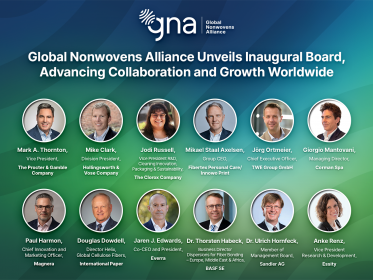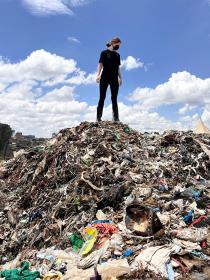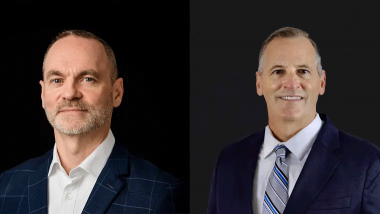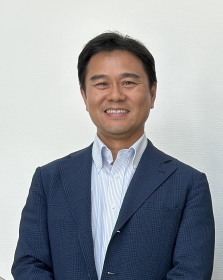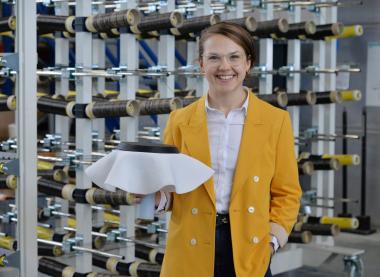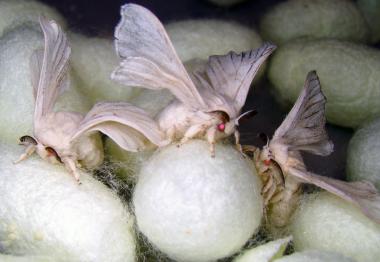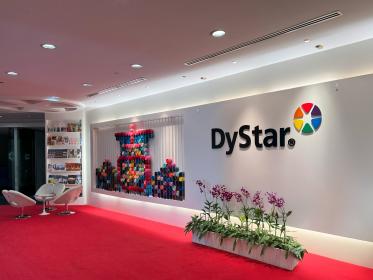Global Nonwovens Alliance Unveils Inaugural Board
The Global Nonwovens Alliance (GNA), a tax-exempt federation jointly founded by INDA, the Association of the Nonwoven Fabrics Industry, and EDANA, the Voice of Nonwovens, announces the appointment of its founding Board of Directors. This group of leaders represents some of the most influential executives across the nonwovens value chain and reflects GNA’s mission to foster global collaboration, innovation, and growth in the industry.
This newly appointed Board unites leaders from North America and Europe to advance GNA’s core objectives: strengthening advocacy with a global voice, expanding education and networking opportunities, driving efficiencies, and promoting innovation and sustainability across the nonwovens sector.
INDA representatives to the GNA Board include:
- Mark A. Thornton, Vice President, The Procter & Gamble Company
- Mike Clark, Division President, Hollingsworth & Vose Company
- Jodi Russell, Vice President R&D, Cleaning Innovation, Packaging & Sustainability, The Clorox Company
- Paul Harmon, Chief Innovation and Marketing Officer, Magnera
- Douglas Dowdell, Director Helix, Global Cellulose Fibers, International Paper
- Jaren J. Edwards, Co-CEO and President, Everra
EDANA representatives to the GNA Board include:
- Mikael Staal Axelsen, Group CEO, Fibertex Personal Care/Innowo Print
- Jörg Ortmeier, Chief Executive Officer, TWE Group GmbH
- Giorgio Mantovani, Managing Director, Corman Spa
- Dr. Thorsten Habeck, Business Director Dispersions for Fiber Bonding – Europe, Middle East & Africa, BASF SE
- Dr. Ulrich Hornfeck, Member of Management Board, Sandler AG
- Anke Renz, Vice President Research & Development, Essity
Mark A. Thornton will act as Chair and Mikael Staal Axelsen as Vice-Chair of this newly established Board. Both bring extensive industry experience, strong strategic vision, and proven commitment to advancing the sector. Their leadership will be instrumental in steering the organization through its next phase of growth and collaboration.
The Board has also appointed Murat Dogru as Chief Executive Officer (CEO) of the organization. He will lead the GNA’s strategy, operations, and engagement with global stakeholders. As CEO, he will be responsible for ensuring that the organization delivers on its mission to represent and advance the industry at large. The position will officially start 1st January 2026.
EDANA


